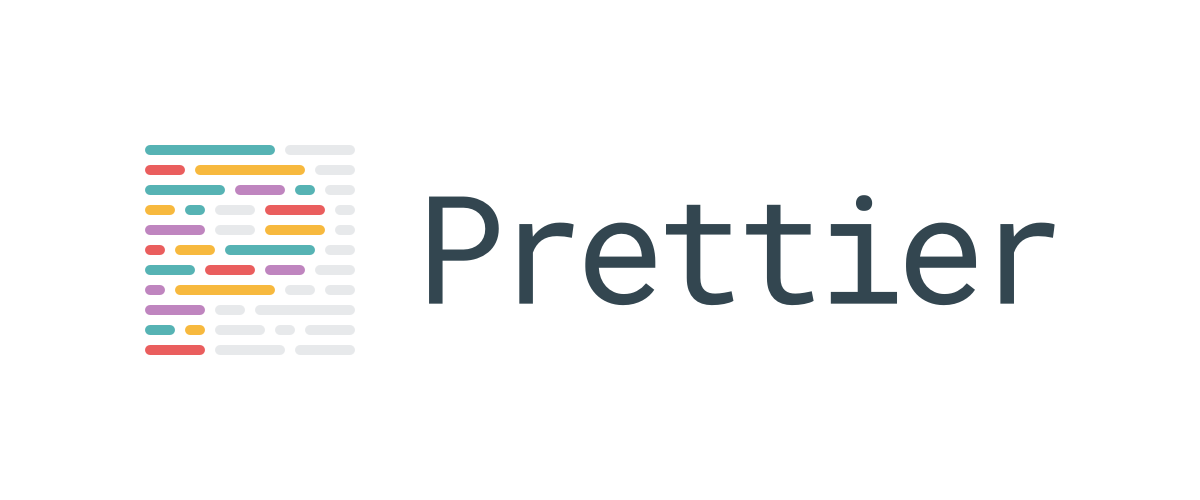
Security News
NVD Backlog Tops 20,000 CVEs Awaiting Analysis as NIST Prepares System Updates
NVD’s backlog surpasses 20,000 CVEs as analysis slows and NIST announces new system updates to address ongoing delays.
@zackad/prettier-plugin-twig-melody
Advanced tools




This Plugin enables Prettier to format .twig files, as well as .html.twig and .melody.twig. Melody is a component based UI framework that uses Twig as its template language.
yarn add --dev @zackad/prettier-plugin-twig-melody
prettier --write "**/*.melody.twig"
In your editor, if the plugin is not automatically picked up and invoked (e.g., if you are using format on save, but no formatting is happening when you save), try adding the plugin explicitly in your Prettier configuration (e.g., .prettierrc.json) using the plugins key:
{
"printWidth": 80,
"tabWidth": 4,
"plugins": ["@zackad/prettier-plugin-twig-melody"]
}
This Prettier plugin comes with some options that you can add to your Prettier configuration (e.g., prettierrc.json).
true)Values can be true or false. If true, single quotes will be used for string literals in Twig files.
[])An array containing file paths to plugin directories. This can be used to add your own printers and parser extensions.
The paths are relative paths, seen from the project root. Example:
"twigMelodyPlugins": ["src-js/some-melody-plugin", "src-js/some-other-plugin"]
80)Because Twig files might have a lot of nesting, it can be useful to define a separate print width for Twig files. This can be done with this option. If it is not set, the standard printWidth option is used.
false)If set to true, objects will always be wrapped/broken, even if they would fit on one line:
<section
class="{{ {
base: css.prices
} | classes }}"
></section>
If set to false (default value), this would be printed as:
<section class="{{ { base: css.prices } | classes }}"></section>
true)Follow the standards described in https://twig.symfony.com/doc/2.x/coding_standards.html exactly. If set to false, some slight deviations might occur, such as spaces around the filter | operator (s | upper instead of s|upper).
false)Choose whether to output the block name in {% endblock %} tags (e.g., {% endblock content %}) or not. The default is not to output it.
[])An array of coherent sequences of non-standard Twig tags that should be treated as belonging together. Example (inspired by Craft CMS):
twigMultiTags: [
"nav,endnav",
"switch,case,default,endswitch",
"ifchildren,endifchildren",
"cache,endcache"
]
Looking at the case of nav,endnav, this means that the Twig tags {% nav %} and {% endnav %} will be treated as a pair, and everything in between will be indented:
{% nav entry in entries %}
<li>
<a href="{{ entry.url }}">{{ entry.title }}</a>
</li>
{% endnav %}
If we did not list the "nav,endnav" entry in twigMultiTags, this code example would be printed without indentation, because {% nav %} and {% endnav %} would be treated as unrelated, individual Twig tags:
{% nav entry in entries %}
<li>
<a href="{{ entry.url }}">{{ entry.title }}</a>
</li>
{% endnav %}
Note that the order matters: It has to be "nav,endnav", and it must not be "endnav,nav". In general, the first and the last tag name matter. In the case of "switch,case,default,endswitch", the order of case and default does not matter. However, switch has to come first, and endswitch has to come last.
prettier-ignore and prettier-ignore-startWhen you are not happy with how Prettier formats a certain element or section in the code, you can tell it to leave it in peace:
{# prettier-ignore #}
<div class="weird-formatting" >This will not be re-formatted</div>
<div class="weird-formatting" >But this will be</div>
You can also tell Prettier to leave entire regions as they are:
{# prettier-ignore-start #}
...
{# prettier-ignore-end #}
Melody features an extensible parser, so chances are you add custom elements for which the parsing and printing logic is not part of this Prettier plugin. Therefore, this Prettier plugin is itself pluggable.
Let's look at an example of a plugin to the plugin:
const melodyIconPlugin = require("../melody-plugin-icon-tag");
const printIconTag = (node, path, print, options) => {
// Implementation of printing
// ...
};
module.exports = {
melodyExtensions: [melodyIconPlugin],
printers: {
IconTag: printIconTag
}
};
As we can see, a plugin to the plugin exports two fields:
melodyExtensions: A list of extensions to the Melody framework that might export tags, visitors, functionMap and the like. Usually, such an extension will add additional parsing functionality to the core parser.printers: The Prettier printing functionality for your additional language constructs, tags, operators, etc. This is an object where the keys are the node types in the Melody AST (abstract syntax tree) — as retrieved through node.constructor.name —, and the values are the print functions with the standard Prettier signature.Don't forget to make your plugins known through the twigMelodyPlugins option in your Prettier configuration.
yarn testto test against all regular testsv0.6.0 (2024-03-27)
prettier-plugin-twig-melody -> @zackad/prettier-plugin-twig-melody@zackad/prettier-plugin-twig-melody into npm registryFAQs
Prettier Plugin for Twig/Melody
The npm package @zackad/prettier-plugin-twig-melody receives a total of 259 weekly downloads. As such, @zackad/prettier-plugin-twig-melody popularity was classified as not popular.
We found that @zackad/prettier-plugin-twig-melody demonstrated a healthy version release cadence and project activity because the last version was released less than a year ago. It has 1 open source maintainer collaborating on the project.
Did you know?

Socket for GitHub automatically highlights issues in each pull request and monitors the health of all your open source dependencies. Discover the contents of your packages and block harmful activity before you install or update your dependencies.

Security News
NVD’s backlog surpasses 20,000 CVEs as analysis slows and NIST announces new system updates to address ongoing delays.

Security News
Research
A malicious npm package disguised as a WhatsApp client is exploiting authentication flows with a remote kill switch to exfiltrate data and destroy files.

Security News
PyPI now supports digital attestations, enhancing security and trust by allowing package maintainers to verify the authenticity of Python packages.